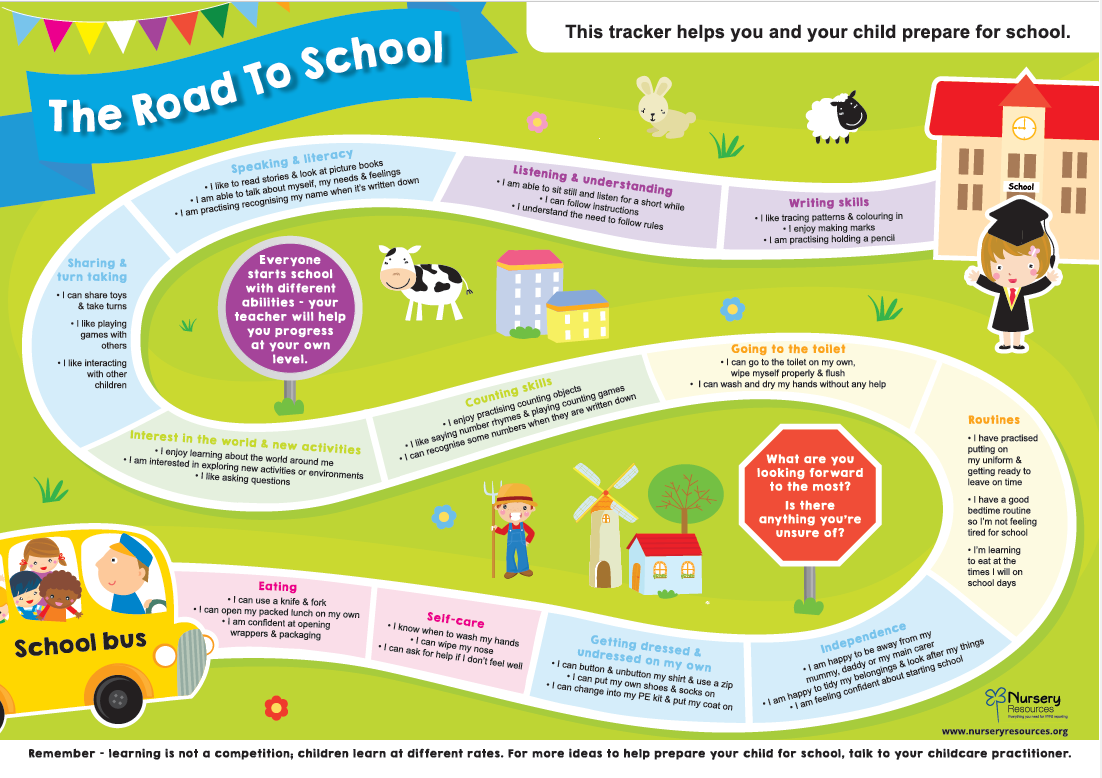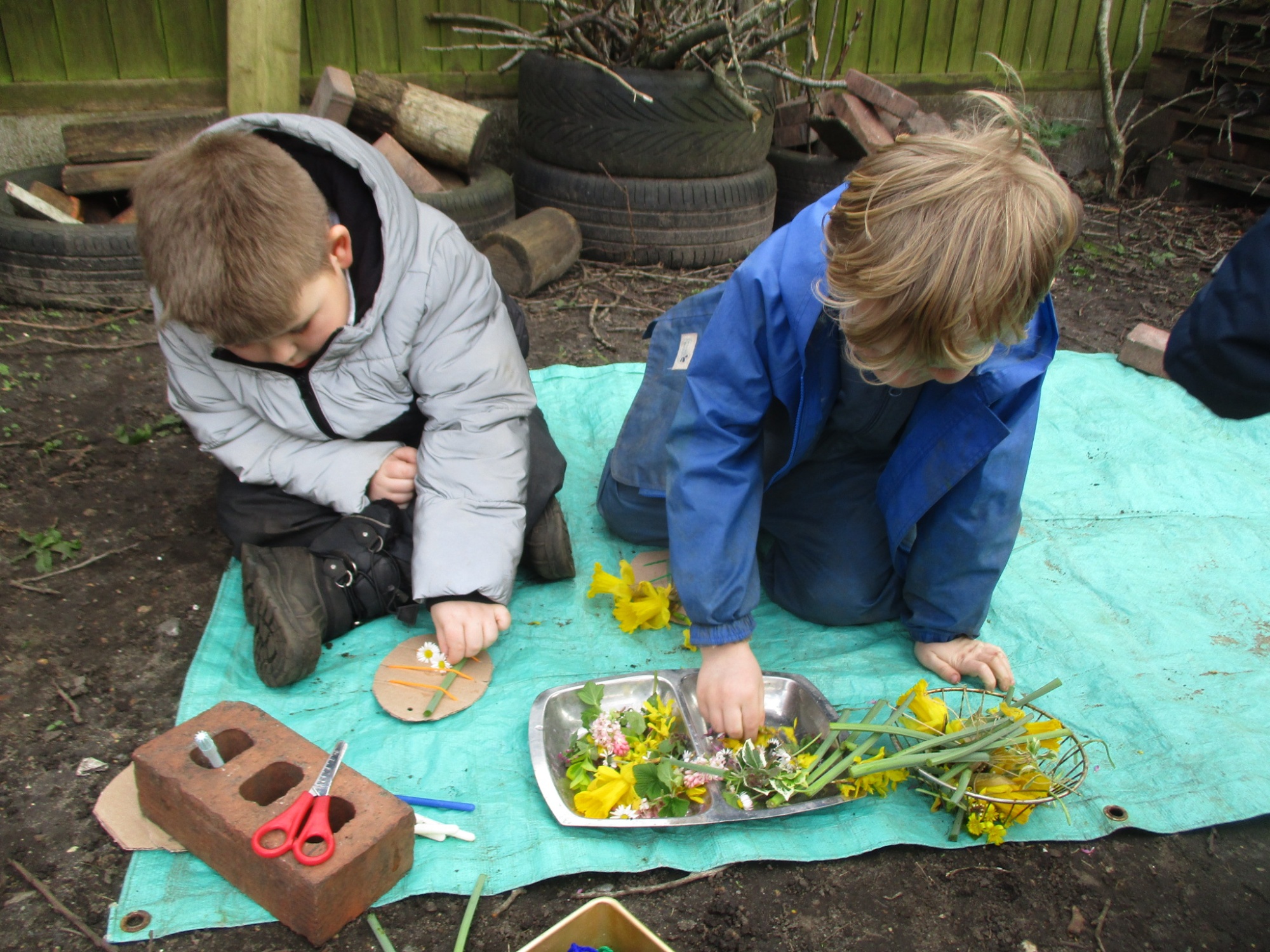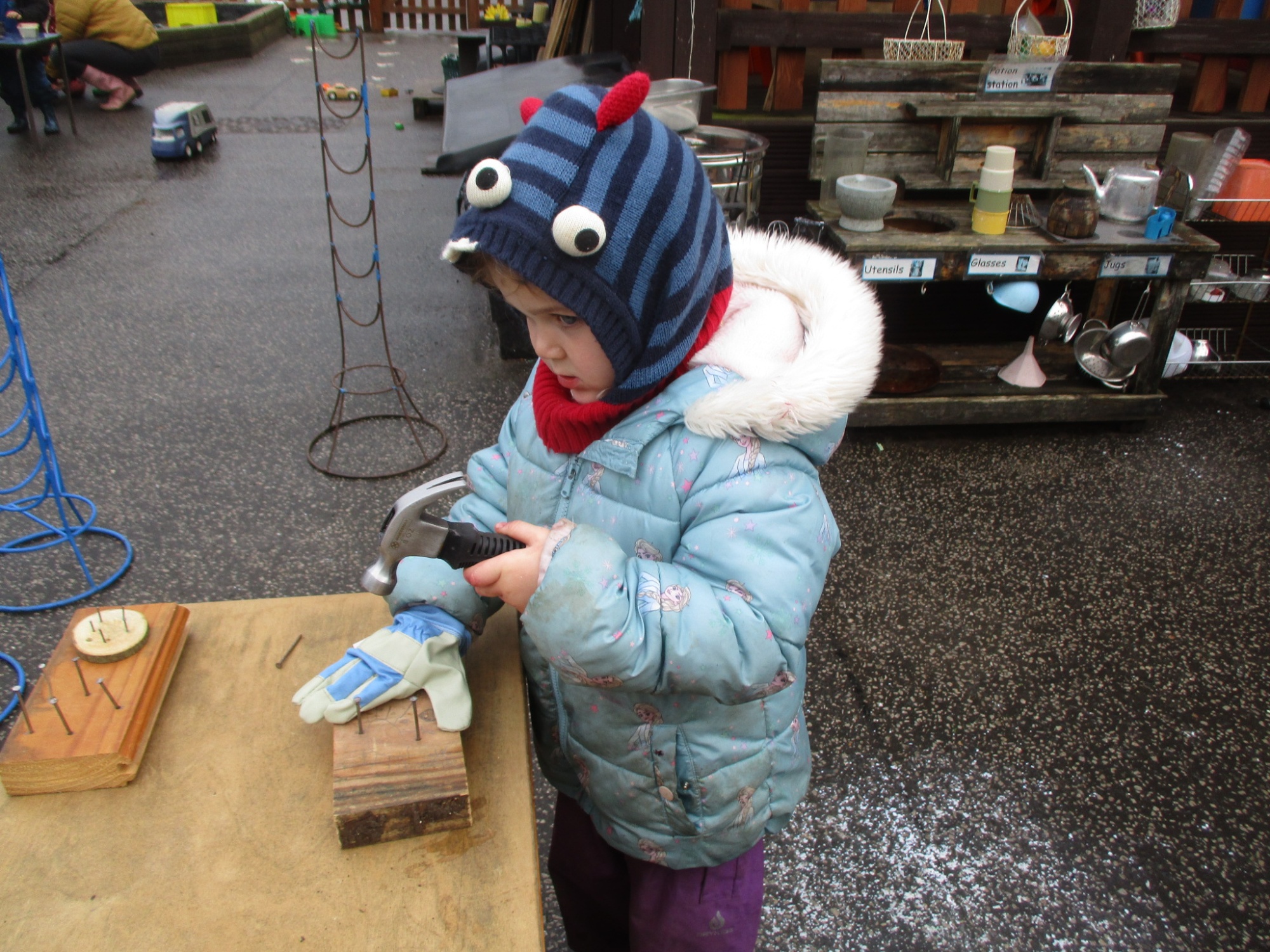Nursery
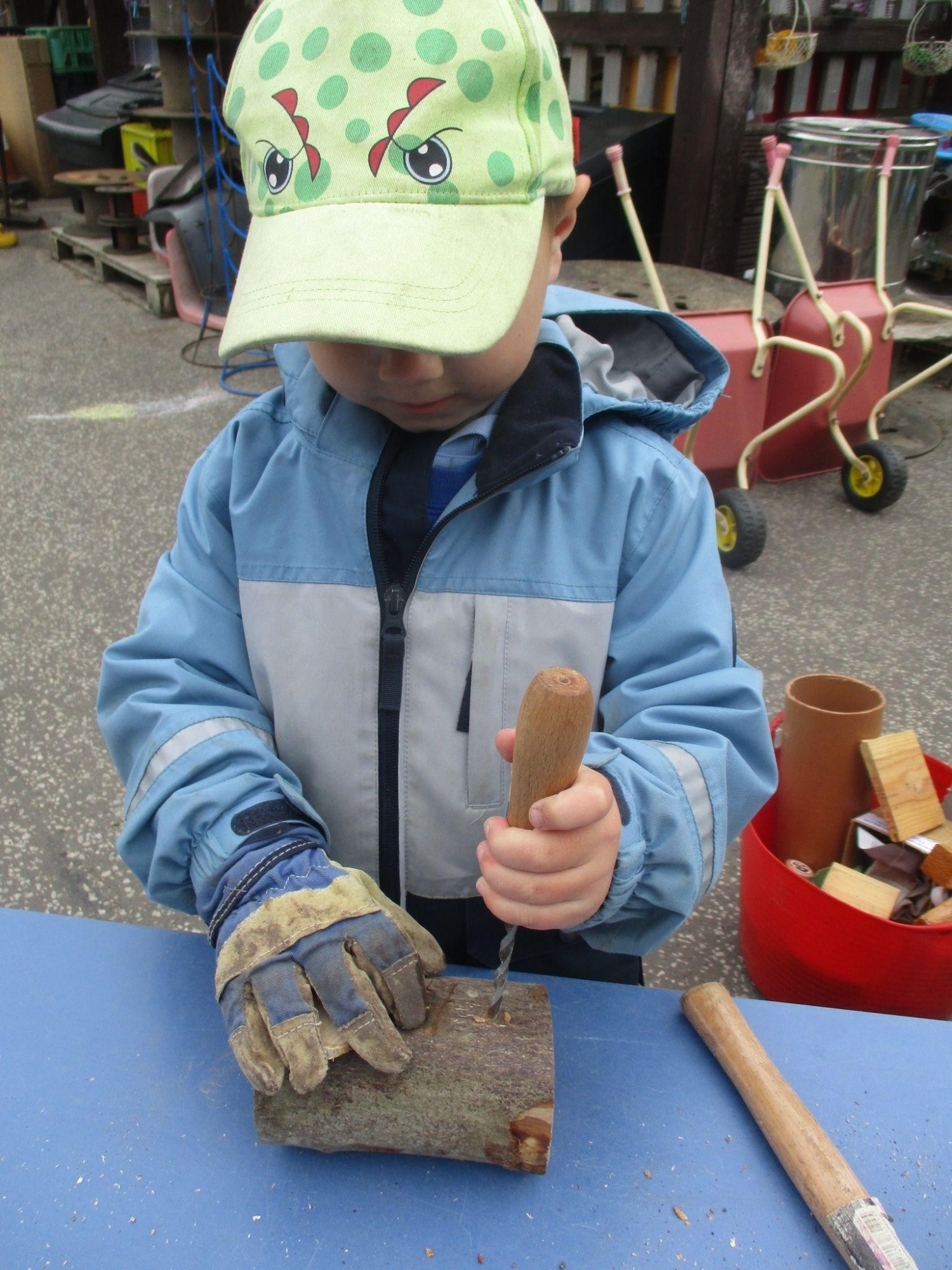
Seedlings is our dedicated early years unit, catering for children from 3-5yrs. In Seedlings children fall into two year groups: nursery (3 & 4 year olds) and reception (4 & 5 year olds). Both year groups are in the Early Years Foundation Stage (EYFS).
We know that finding an appropriate Nursery, one where both you and your child feel comfortable, can be a difficult task. Seedlings can offer you, flexibility with your session choices, a small friendly family feel, gentle transition to the next stage of your child's school career, a quiet rural village location, indoor and outdoor learning environments. If you want to find out if this will suit you and is what you are looking for we encourage you to come and visit, meet the staff and see the school and classroom for yourselves, please call the school office on 01379 852520 to arrange this.
If you would like to join our mailing list of prospective parents to find out more about stay and play sessions and other special events please complete the form below.
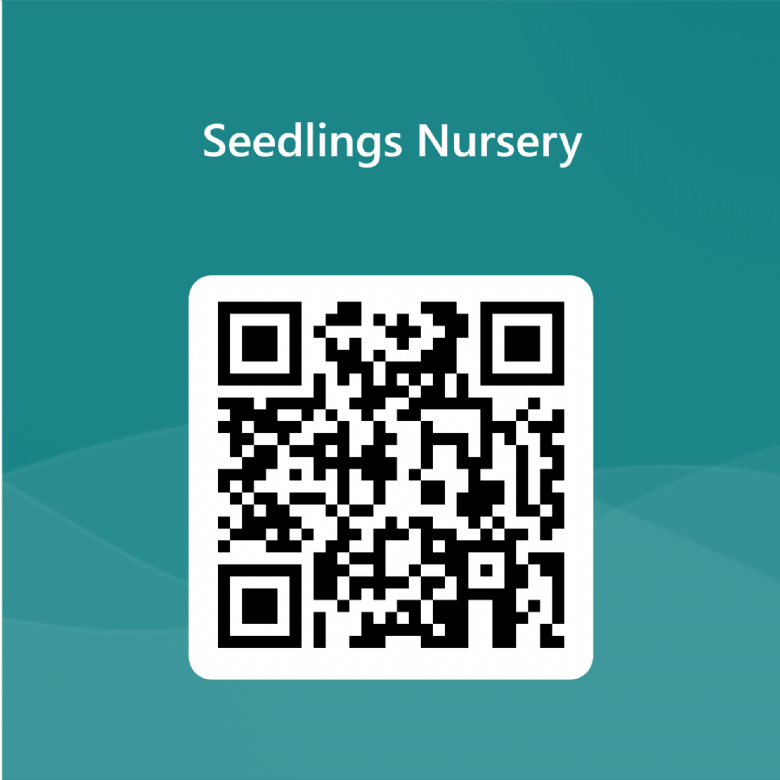
Nursery & Reception
Children are eligible to start in Seedlings from their 3rd birthday. Funding begins from the start of the term after their 3rd birthday.
| For children who turn 3 between | Funded childcare starts from |
|---|---|
| 1st April to 31st August | September (Autumn Term) |
|
1st September to 31st December 1st January – 31st March |
January (Spring Term) April (Summer Term) |
All children are entitled to 15 hours of free provision, with some parents able to claim 30 hours. Visit the Childcare choices website for further information.
Funded early education sessions for 3 and 4 year olds, run each morning between 8.30 am and 11.30 am, 8.30 am to 12.30 pm if staying for lunch or 8.30 am to 3.15pm for a full day. If you need more time than your funded sessions allow, we offer further sessions which can be paid for. Please see our current fee structure in the fees and funding section below.
It is recommended that children are toilet trained before starting. However, we are sensitive to the fact that not all children are ready to use the toilet at this time. In these situations, provision can be made for nappy changing to take place. If your child is still in nappies, we will complete a care plan with you. Full details of our nappy change policy can be found in the intimate care policy under the policies tab.
Children enter the reception year in September following their fourth birthday. Even if your child has a place in the nursery, you will need to formally apply for a place in the reception year.
Children in Seedlings are considered part of the wider school and get to take part in appropriate whole school activities such as World book day, sports day, seasonal performances and celebration assemblies. As the year progresses and as individuals are ready, reception children will move onto a slightly more structured timetable in readiness for the transition into Year 1.
Nursery Sessions, fees and funding
We aim to be flexible and meet the needs of parents and children alike. We allocate sessions depending on parental requests, but within the space we have available.
The way your child behaves and reacts when they are with you at home can be very different to how they are with a more structured school day. If you are looking to start in Seedlings or expand the sessions or days your child already attends, we can advise on the best way to build this depending on their and your needs.
| Morning Session | Morning & Lunch Session | Afternoon session | Full Day |
| 8:30 - 11:30 | 8:30 - 12:30 | 12:30 - 15:15 | 8:30 - 15:15 |
|
Funded session (3hrs) or £13.15 |
Funded session (4.5hrs)or £16.30 |
Funded session (2.5hrs) or £13.15 | Funded Session (6hrs) or £26.25 |
Please note - If you would like your child to have a hot meal, these are charged at £2.53 per day.
Universal 15 hour funding for 3 year old's can be used to cover the sessions that you require, where space allows. This can be 5 mornings, a mix of mornings and afternoons or full days.
Additional sessions over the 15 hours are chargeable as detailed above unless you are entitled to 30 hour funding which can be used to cover any remaining sessions.
If you have a 30-hour code, this should be renewed every term. We will give you prompts to do so. If you miss the window for renewing your code, and we are not able to claim the funding, charges will be applied for the hours your child attends. If you are worried you have missed the deadline, please contact the school office.
Payment for any additional extras, ie educational visits & meals, plus sessions used outside funded hours will be invoiced and can be paid for on Arbor.
We can accept employer’s childcare vouchers as payment towards the cost of sessions but not towards additional extras such as lunches. Please enquire at the school office.
Payment of Nursery Fees
The Consortium Trust operates a standard policy for the charging of nursery fees. This can be found at the bottom of the page.
Learning in Seedlings
Through planned play and purposeful activities, the Early Years curriculum is designed to encourage learning which builds on and extends your child’s existing knowledge, experiences and interests in a caring and stimulating environment. Children learn by playing and exploring, being active and through creative and critical thinking, which takes place both indoors and outdoors.
We ensure each child is reaching their full potential by observing and extending their play and encouraging them to do their best at every opportunity.
The Early Years Foundation Stage Framework sets out the seven areas of learning and development. The 3 prime areas: personal, social and emotional development, language and communication and physical development lay vital foundations and are the core aspects of child development. These are the building blocks for the 4 specific areas of literacy, mathematics, understanding the world and expressive arts and design. The EYFS framework guides professionals in supporting your child to learn new skills, acquire new knowledge and demonstrate understanding. We have used this to develop our own curriculum:
The seven areas of the EYFS are:
Prime
Personal, social and emotional development; this involves helping children to develop a positive sense of themselves, and others, to form positive relationships, to work and play co-operatively and develop respect for others. To develop social skills and learn how to manage their feelings. Children will develop their ability to give focused attention and regulate their own behaviour.
Language and Communication; teaching in this area involves giving children opportunities to experience a rich language environment, to develop their confidence and skills in expressing themselves and to speak and listen in a range of situations, including responding to a variety of questions.
Physical development; We will provide opportunities for young children to be active and interactive and to develop their co-ordination, control, and movement. Children will refine their gross motor skills, learning to negotiate space, dance, run, hop, skip and move in a variety of other ways and their fine motor skills to enable them to hold knives and forks, do up zips, thread laces and hold a pencil effectively to form letters.
Specific
Literacy; This involves encouraging children to link sounds and letters and to begin to read and write. We use Little Wandle to teach these skills through daily phonics sessions. Children are given access to a wide range of reading materials (books, poems, and other written materials) to ignite their interest and develop a love of reading.
Mathematics; Involves providing children with opportunities to develop and improve their skills in counting, understanding and using numbers, calculating simple addition and subtraction problems; and to describe shapes, spaces, and measures. We look into all these areas in depth, learning how numbers are composed and the link between numbers and shapes and patterns and applying this all in real life situations.
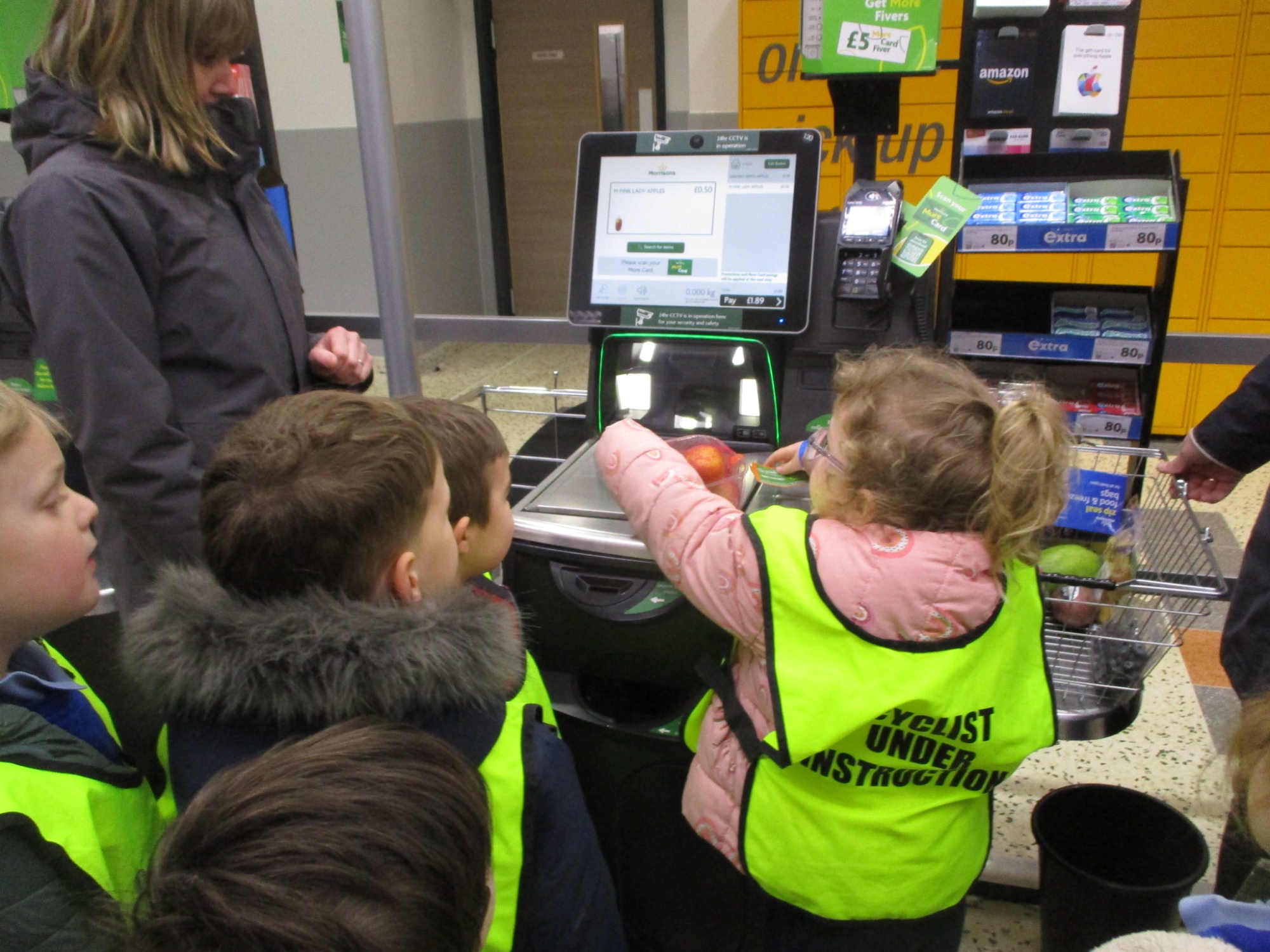
Understanding the world; This involves guiding children to make sense of their physical world and their community through opportunities to explore, observe and find out about diverse communities, people and places in the past and present. Children will spend time outside learning about the environment that they are in and the surrounding area.
Expressive arts and design; This enables children to explore and play with a wide range of media and materials, as well as providing opportunities and encouragement for sharing their thoughts, ideas and feelings through a variety of activities in art, music, movement, dance, role-play, and design and technology.
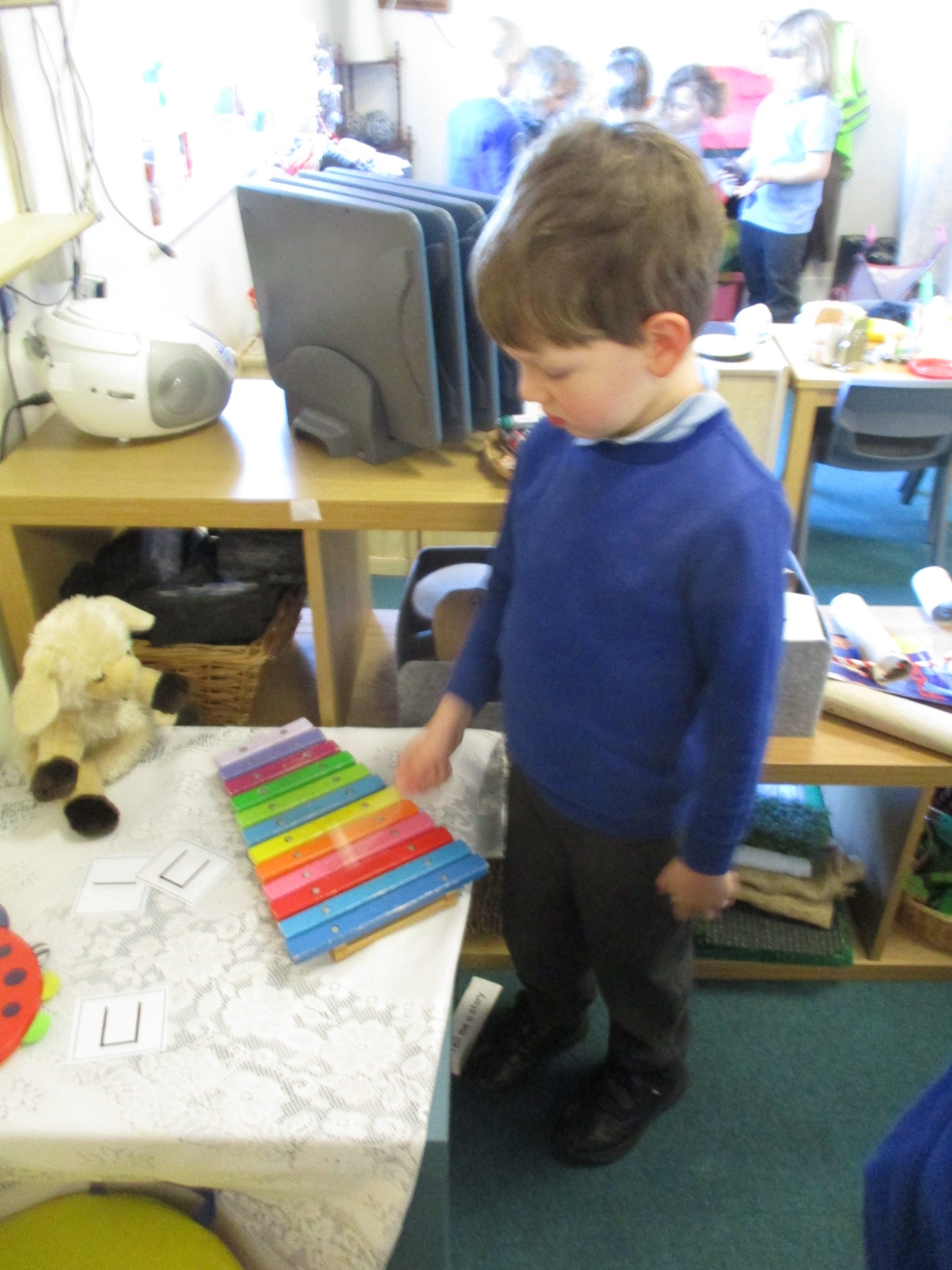
Daily timetable
On average, a school day for Seedlings runs as follows:
- 8:30 am - School gates open.
Children come into the classroom and start the day with a morning activity and registration.
The morning session continues with phonics, children's own choice learning both indoors and outside, maths and adult-focused activities.
Fruit and milk or water snacks are available mid-morning. This is accompanied by a story.
- 11.30 am - End of nursery morning session
- 11.45 am - Children eat in the main school hall with the rest of the school.
- 12.30 pm - Afternoon session begins.
During the afternoon, children take part in topic-based learning, further indoor and outdoor learning and adult-focused activities.
- 3.00 pm - Story time.
- 3.15 pm - Home-time. Staff will bring your child to you. Please notify staff if someone different will be collecting your child.
- 3.15 pm to 4.15 pm - Extended schools clubs daily for children from Reception.
Food and drink
Snacks: We provide a daily fruit snack for all children. This varies from day to day but will be from a selection of: apples, pears, carrots, bananas, raisins, tomatoes, and satsumas. Other seasonal fruits such as peas, mange tout and strawberries may also be available.
Cow's milk is also available to those that would like it. We can offer an alternative, for instance, soya or oat milk for those with special dietary requests.
All children have a water bottle in school daily and can acces this at all times.
Dinner: We are lucky to have our school dinners cooked on site. Each day the children have a choice between 2 main options, at least one of which is a vegetarian option, jacket potato with a choice of filling or a cold meal option. Special dietary menus are also available.
Find an example school meal menu here:
Children are welcome to bring a healthy packed lunch to school if required.
What your child needs
Uniform: We encourage children in Seedlings to wear the school colour of royal blue, with grey trousers/skirts/shorts in line with the school's uniform policy. This helps to build a sense of belonging with the rest of the school.
PE kit: We like PE kits to be in school at all times in case of timetabling changes. A PE kit consists of black shorts and a t-shirt, a sweatshirt and jogging bottoms for cooler weather and a pair of socks for those who choose to wear tights. As our PE is mostly outside, trainers are also preferred over plimsoles.
Appropriate clothing: We spend some time outside every day, regardless of the weather. Due to the nature of our outdoor space, we often get very wet, sandy or muddy, so each child will also require a pair of Wellington boots and waterproof trousers to keep at school for use all through the year. Children should also have a waterproof coat with them every day, even in the summer. Over the years, staff have built up knowledge of which waterproof trousers are the most robust. Please ask if you need guidance.
Please ensure that all clothes are clearly named and are in a named bag.
NOTE: We encourage children to be independent. Please try where possible to send your child in clothes s/he can try to put on themselves. For example, zips not buttons, Velcro straps not laces.
Dress to play: We provide aprons for indoor and outdoor art and messy play.
Bags: All children should have a bag containing one spare change of clothes, and anything else they may need, on their peg at all times.
Water bottle: All children need a water bottle in school daily.
If your child still wears nappies please send in enough for the day with your child’s own wipes and nappy bags.
Getting ready to start Nursery
To be ready to start nursery, your child needs to be able to do many things which help to build their independence and character. Children do not all learn to do the same things in order, but please rest assured that we do not expect children to be able to read, write and count when they join us. It is far more important that they can interact with others, be independent in toileting, cut up their food and feed themselves, get themselves dressed, follow instructions and routines. Have a look at the illustration below from Nursery resources magazine, jump on the bus at the start and follow the road. What can your child do already and what things do you need to work on together at home?
